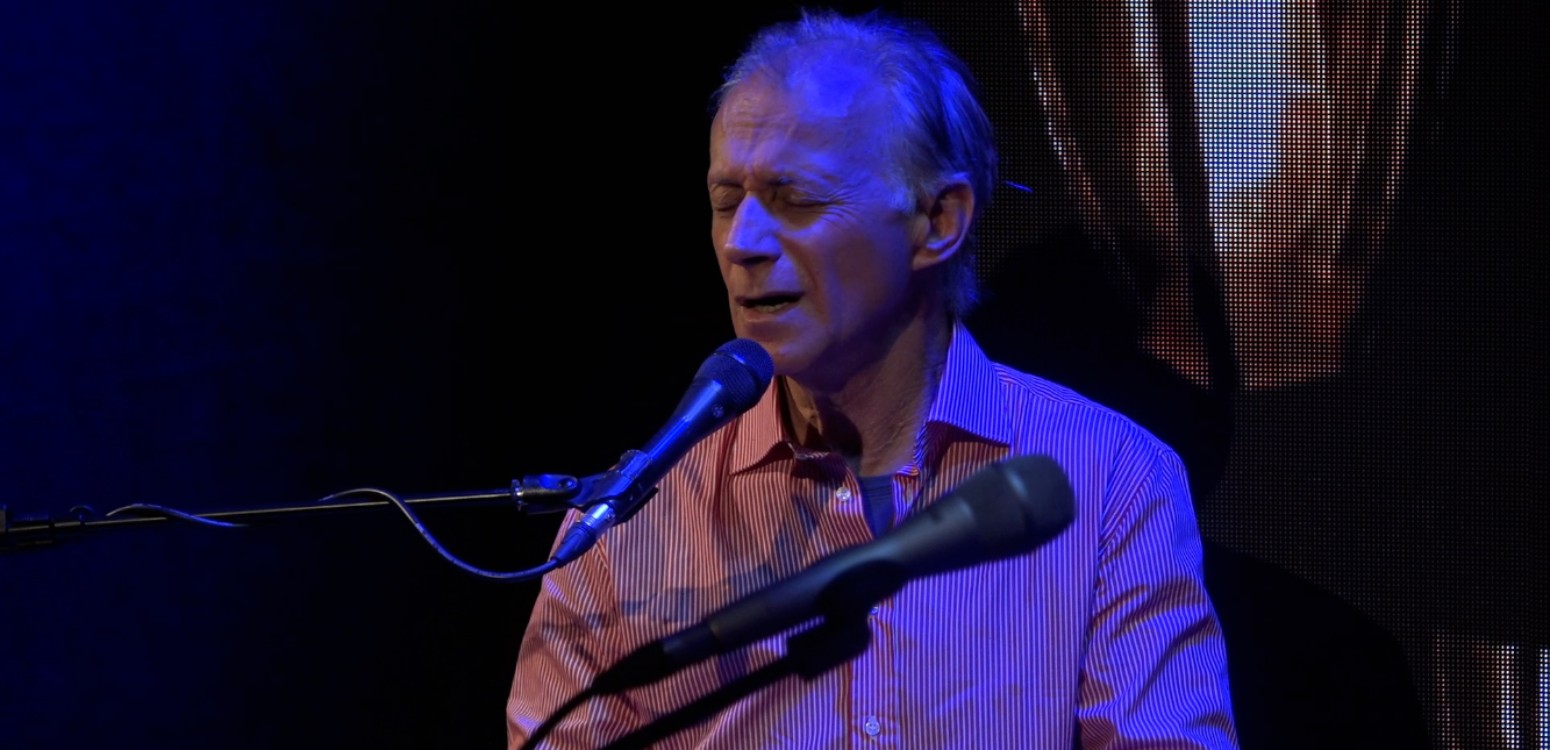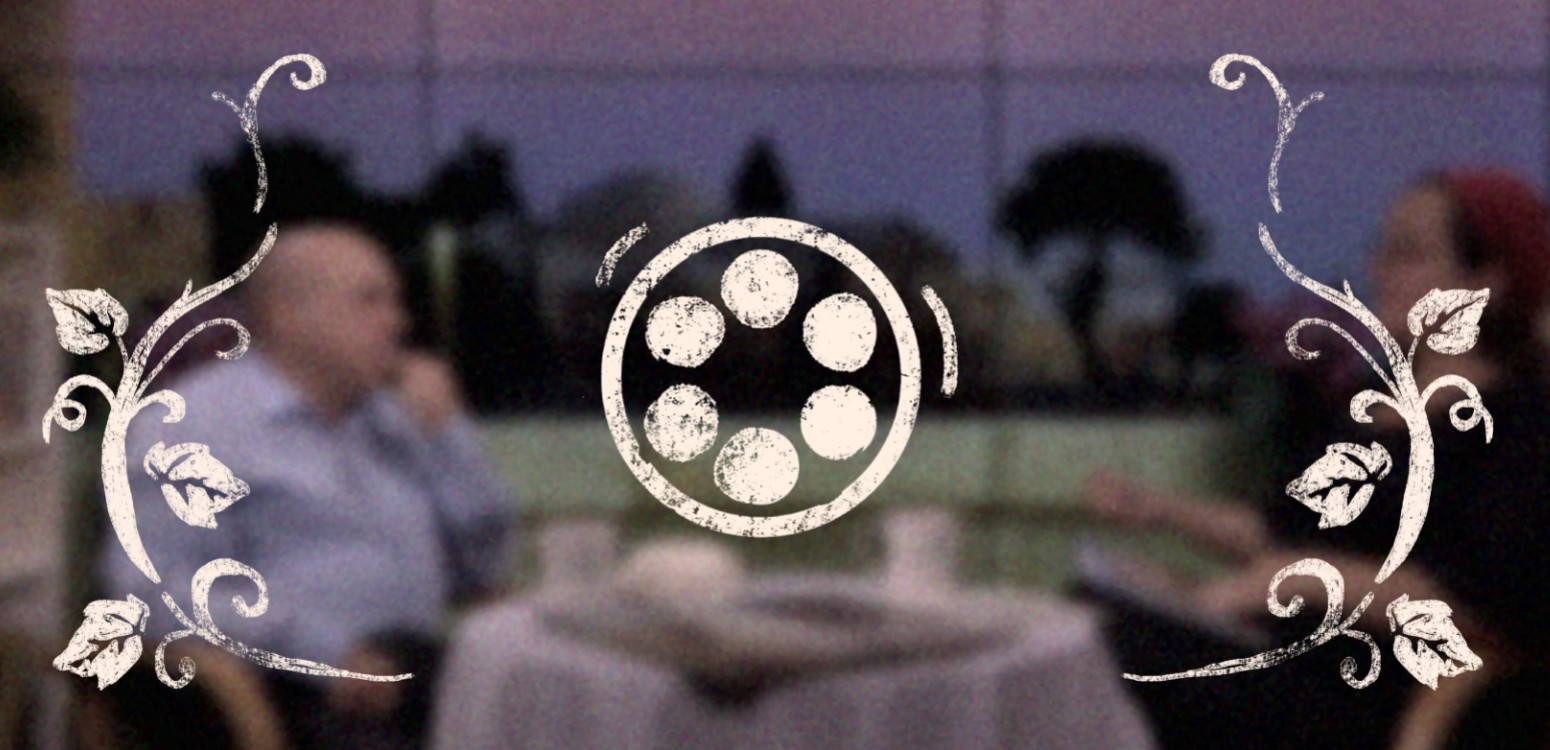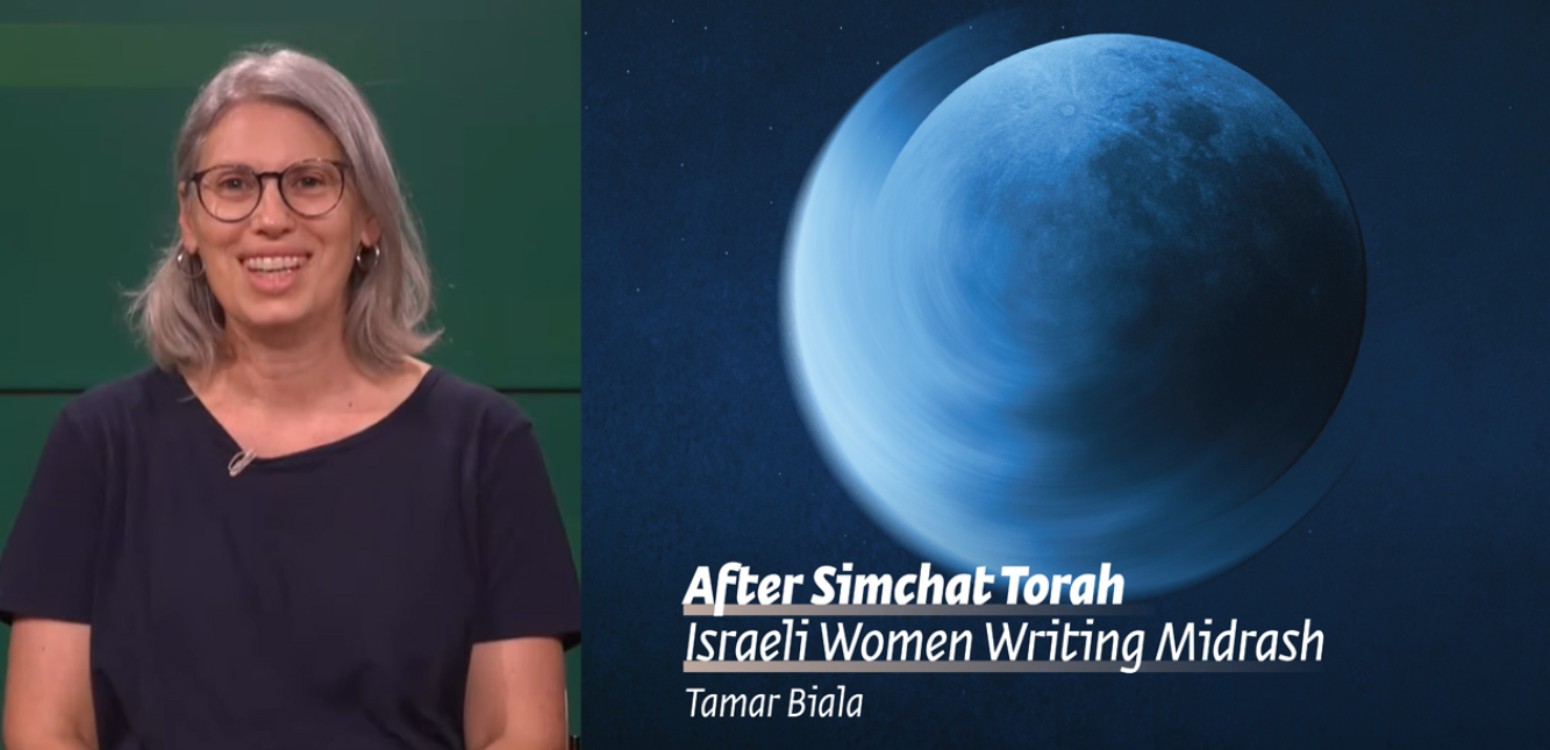
If the Torah was indeed received under threat, then the Israelites have a very serious argument against their obligation to fulfill it
This week's Torah portion tells the story of the sin of the golden calf – one of the most well-known tales of the Bible. The great mystery surrounding the story is: If the Israelites accepted the Torah and made a covenant with God, why are they suddenly worshipping a man-made calf?
A possible answer may be found in this verse:
“And the Lord spoke to Moses, ‘Hurry down, for your people, whom you brought out of the land of Egypt, have acted basely. They have been quick to turn aside from the way that I enjoined upon them. They have made themselves a molten calf and bowed low to it and sacrificed to it, saying: ‘This is your god, O Israel, who brought you out of the land of Egypt!’” (Exodus 32:7-8)
It’s interesting that God says “They have been quick to turn aside from the way that I enjoined upon them,” and not that they strayed from the covenant they made with me, from the path they had accepted upon themselves. God was the one who commanded them this way, but according to the story, everything seemed to be done with consent, willingly and joyfully. An argument of breach of contract would have been much stronger, but maybe God does not phrase it this way because it’s not exactly what happened?
A substantial caveat
In the Talmud, Rabbi Avdimi bar Hama bar Hasa (probably of the III–IV century) refers to the verse describing the standing of the Israelites at Mount Sinai with the words: “And they stood at the lowermost part of the mount.’ Rabbi Avdimi bar Hama bar Hasa said: the Jewish people actually stood beneath the mountain, and the verse teaches that the Holy One, Blessed be He, overturned the mountain above the Jews like a tub, and said to them: If you accept the Torah, excellent, and if not, there will be your burial. Rav Aha bar Yaakov said: From here there is a substantial caveat to the obligation to fulfill the Torah.” (Babylonian Talmud, Shabbat 88a)
According to this bold text, the acceptance of the Torah was imposed on the people of Israel under threat of death. The Israelites stood pressed against the great mountain, and God made it clear to them – either they accept the Torah or He would bury them under this mountain as if it were a tub.
At this point, Rabbi Aha bar Yaakov (a Babylonian rabbi of the third and fourth generations of Amoraim) argues: “From here there is a substantial caveat to the obligation to fulfill the Torah.” Rashi explains that if the Torah was indeed received under threat, then the Israelites have a very serious argument against their obligation to fulfill it. If it was forced upon them, they are not bound by it.
A covenant made under coercion is not a covenant
The Gemara tells us that a covenant made under coercion is not a covenant. A contract is valid only when it is made with free will and conscious consent. The Gemara is conveying a radical message: what establishes the obligation to conduct oneself according to the Torah is voluntary consent, not the mere fact that it is a divine commandment.
Now we can better understand the sin of the golden calf. The Israelites thought they were no longer threatened, that no gun was being pointed at them; Moses was on the mountain, and they could now do as their hearts desired; they could even create their own god.
This time it was different
At this point, Rava (Abba ben Joseph bar Ḥama, c. 280 – 352 CE) joins the Talmudic discussion and says: “Even so, they again accepted it willingly in the time of Ahasuerus, as it is written: ‘The Jews ordained, and took upon them,’ (Esther 9:27), and he taught: The Jews ordained what they had already taken upon themselves through coercion at Sinai.”
Rava argues that in the days of Ahasuerus, in the Book of Esther, the people decided, this time out of free will, to accept the Torah again. This is a very strange connection. Why does Rava need to go as far as the Book of Esther to make his argument? The question becomes even more relevant when we open the scroll and discover that the verse Rava quotes is actually about the holiday of Purim and not about accepting the Torah. Rava, of course, knew this, and yet it was important to him to connect the Book of Esther to the acceptance of the Torah. Why?
No divine intervention
Perhaps the solution to the riddle lies in the fact that God is hidden in the Book of Esther. It is the only book in the Tanakh, apart from the Song of Songs, in which God is not mentioned at all. And precisely in this lies the power of this scroll. The Book of Esther does not tell of a miracle; it tells of politics, honor, relationships, principles, defiance, intrigues, leadership, and great resourcefulness. It is a powerful story, but it is not one of divine intervention.
Rava hints that only in a place where God is hidden, in a place where human beings take their fate into their own hands, can one choose a path freely. Specifically in a place where the hand of God is not evident and does not strike, a place where there are no miracles, or at least not obvious ones, a covenant can be made. I imagine Rava looking through the scroll, saying to himself – I must find this here; precisely here, in a place where God is hidden.
“Ordained, and took upon them” reads to me as parallel to “We will do and we will hear,” except this time it is fulfillment and acceptance out of free will. Perhaps Purim is actually the holiday which celebrates freedom of choice, the holiday where we choose who we want to be.
Lior Tal Sadeh is an educator, writer, and author of “What Is Above, What Is Below” (Carmel, 2022). He hosts the daily “Source of Inspiration” podcast, produced by Beit Avi Chai.
For more insights into Parashat Ki Tissa, listen to “Source of Inspiration”.
Translation of most Hebrew texts sourced from Sefaria.org
Main Photo: The Golden Calf\ Wikipedia
Also at Beit Avi Chai





















